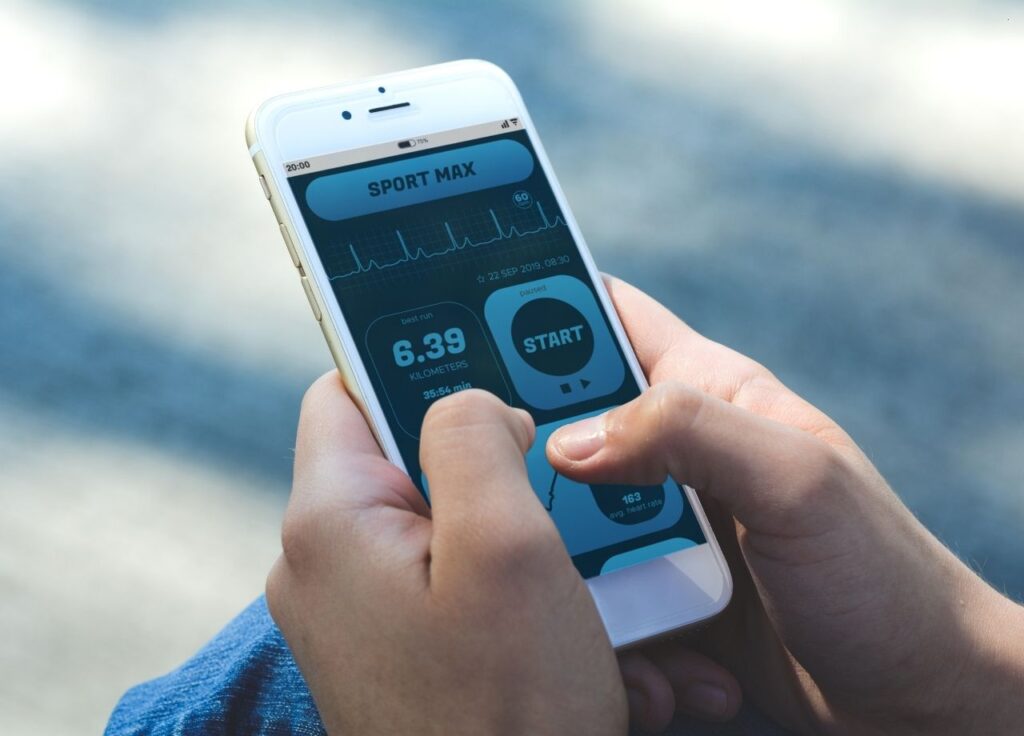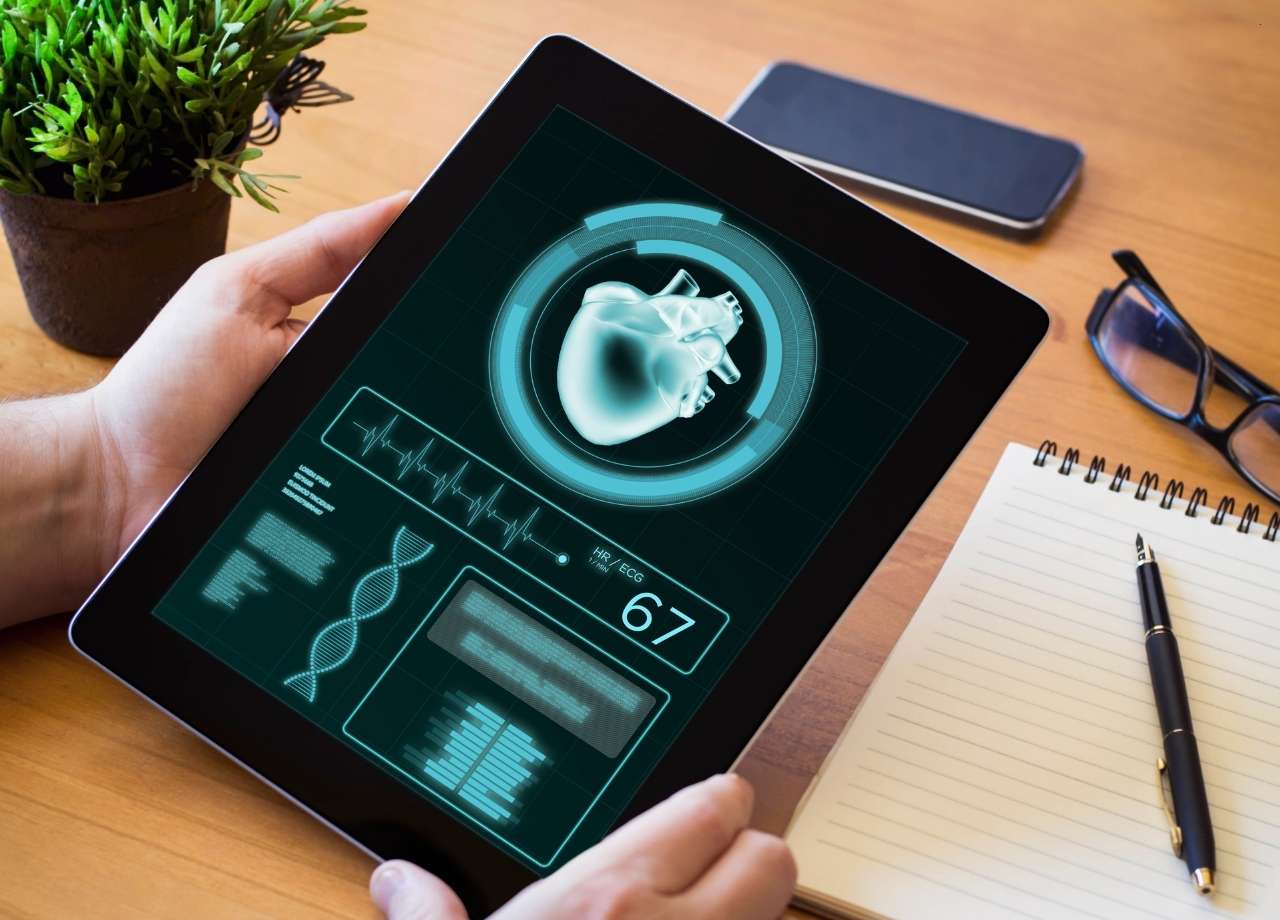Mobile Health Apps: Ensuring Flawless Functionality and Usability for Clinicians and Patients
Healthcare Testing In an era where digital transformation is rapidly redefining healthcare, mobile health apps (mHealth) are at the forefront of innovation.





